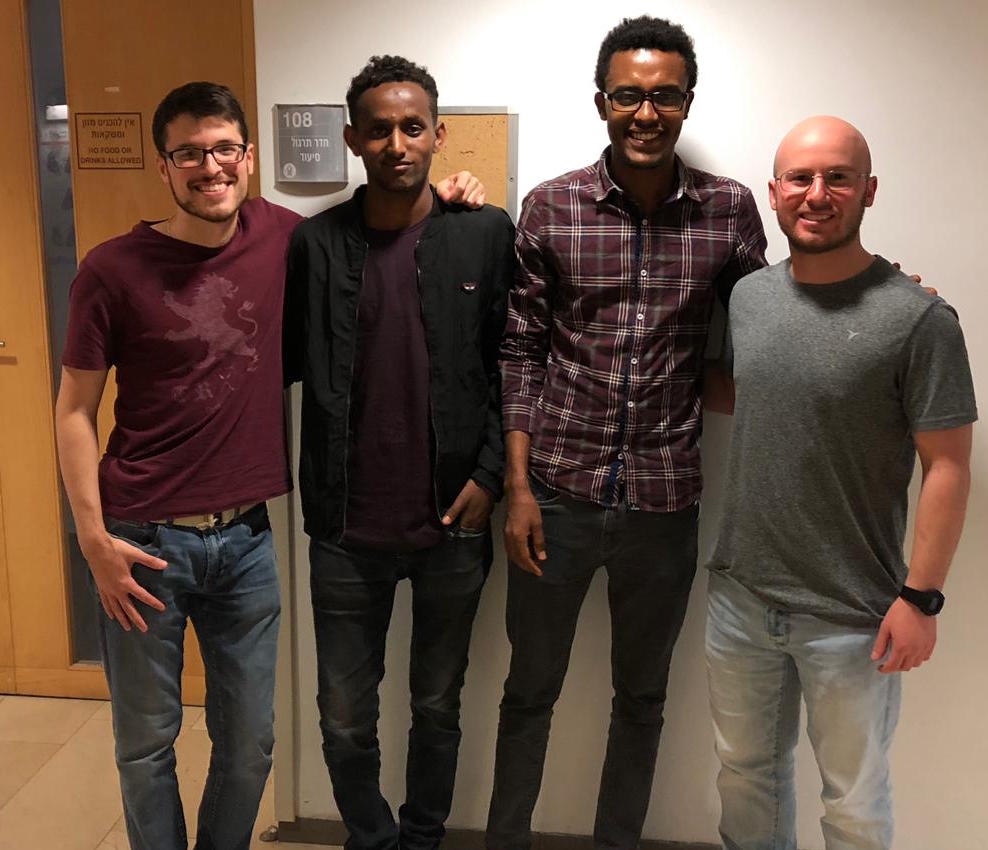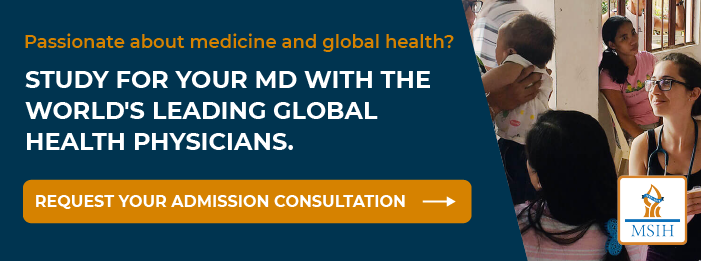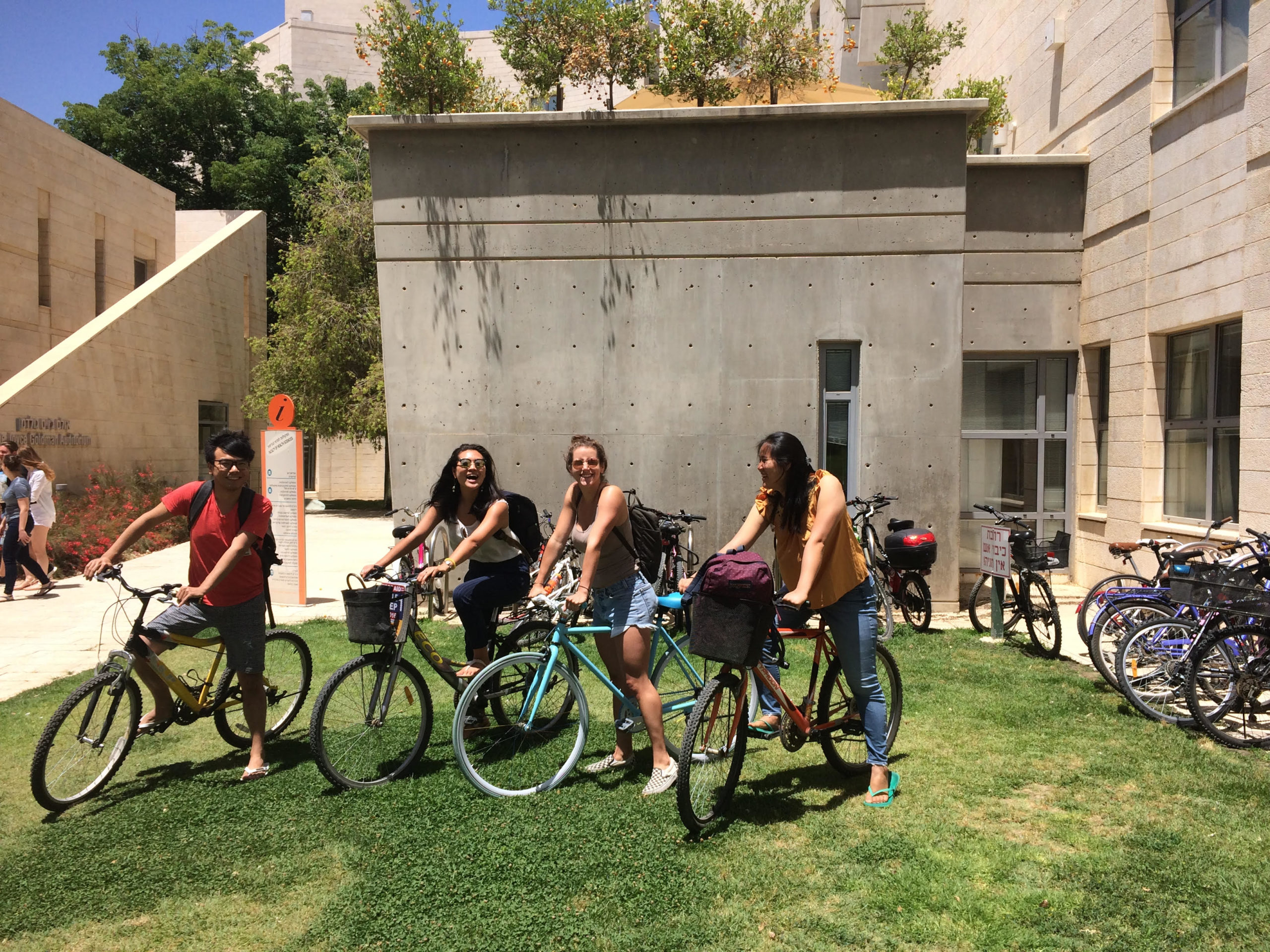Googling “Improving Healthcare in Africa” reveals dozens of results ranging from reports of the World Economic Forum, through statistics of the Brookings Institute, to a practical guide from Mckinsey & Company.
Add the letters, “MSIH” to the front of your search, and the first three results all focus on the Medical School for International Health and how our little school is making its contribution to global health and African Healthcare.
International Clerkships
Those acquainted with MSIH are aware of our International Clerkships that take 4th year students to one of our partner institutions in a resource-scarce medical setting. This year, (2019), students shadowed physicians in India, Sri Lanka, Nepal, Ghana, Ethiopia, Peru, Mexico, and a remote settlement in Northern Canada.
But this is only half of the MSIH story. It’s one thing to send “privileged” students to learn in low-income settings, but what about the other way around?
Ethiopian Students
About 10 years ago, MSIH decided to begin bringing students from our partner institutions to Israel to learn alongside our students. This year we’re delighted to host Sileshi Serebe Zeleke (23) and Mintesnot Yitagesu Kidane (24) – both in their final year of studies at the University of Gondar. They are the 9th and 10th Ethiopian students to attend MISH. Like their predecessors from last year, neither Sileshi or Mintesnot had ever left Ethiopia before.
During their two-month stay in Beersheva they are doing clinical rounds with MSIH students, learning how medicine is practiced in a well-equipped hospital.
This writer met with Sileshi to hear his impressions.
Treated with Respect
“I always thought of Israel as a leading nation in the world, but even still, I’ve been really surprised by my experience here. Coming from Ethiopia, I expected to be ignored, neglected, or even invisible, but that’s not what happened at all. Everyone has treated both of us with dignity, respect, and humanity.”
Like the students from last year, both Sileshi and Mintesnot commented on the accessibility of their teachers, doctors, staff, and patients.
“In Ethiopia there’s no freedom to talk to teachers or even to residents. Medical education is exam-oriented. In Israel, there’s much more enquiry and opportunity to question and discuss.”
Sileshi is the seventh of 10 siblings. His proud parents are farmers with no formal education. One of his four brothers is also a medical student. For the first 10 years of Sileshi’s education he had to walk an hour from his village to school, and another hour home – no matter what the season or weather.
Life-changing Experience
“Without doubt,” he says, “coming to Israel has been a life-changing experience. It has opened my eyes to so many things. In the future, when I have authority as a doctor, I’m going to do what I can to change medical education in Ethiopia. It needs to be less hierarchical so that students can speak freely to their teachers and residents and learn from the open interaction.”
“This is exactly our intention,” commented Prof. Alan Jotkowitz, Director of MSIH. “This is Global Health at work and shows how MSIH is doing its bit to improve healthcare in Africa – by helping to educate the next cohort of young doctors, showing them that open discussion and constant enquiry lead to better medicine”
A similar program that bring students from Mexico has been running for some years, and MSIH shortly plans to host two medical students from a partner institution in Ghana.






